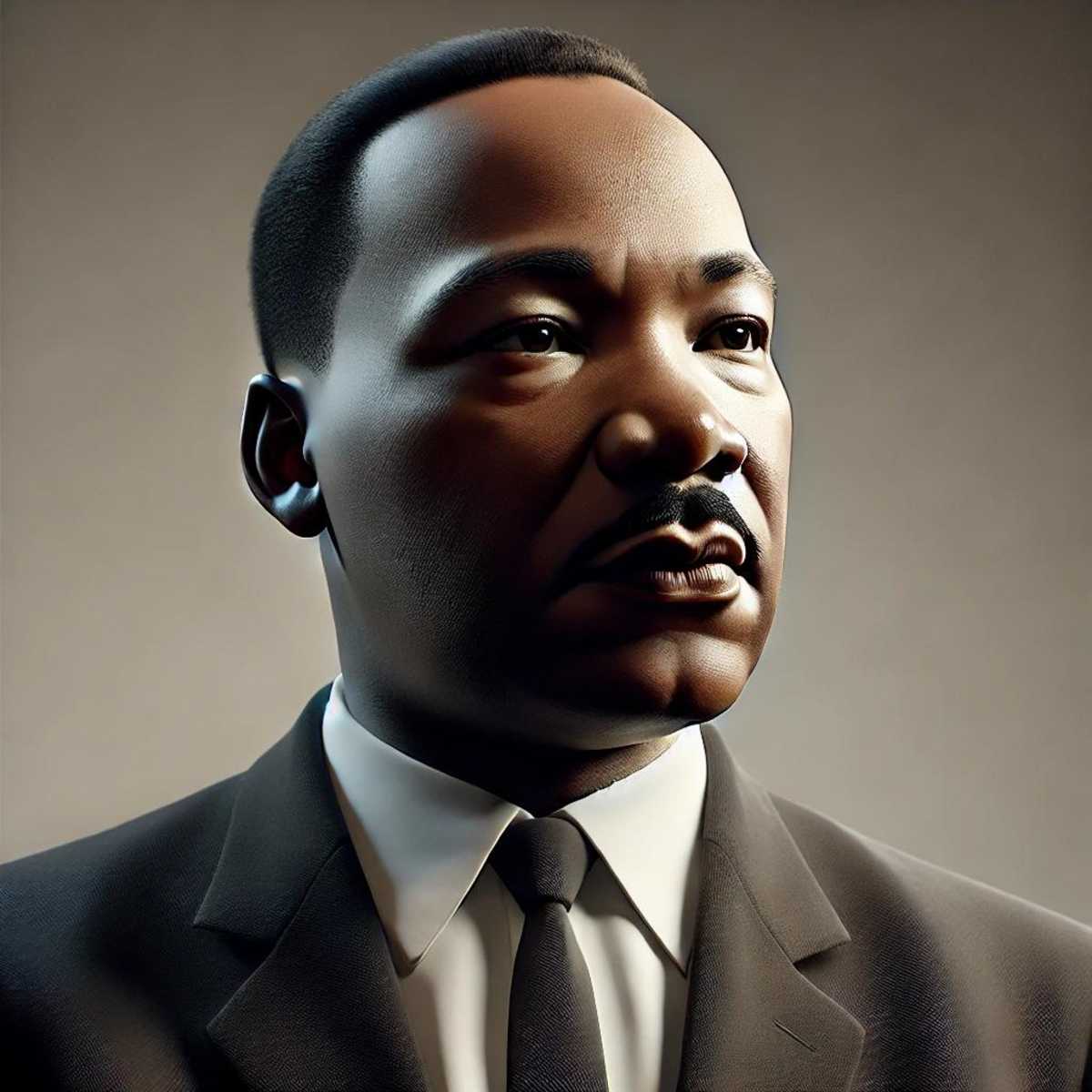As I sit at my desk, fingers poised over the keyboard, I can't help but reflect on the significance of Martin Luther King Jr. Day. For me, it's more than a commemoration; it's a celebration of a dream that, without Dr. King's influence, might have remained just that—a dream.
Before the Civil Rights Movement, the landscape for Black writers was starkly different. Literacy among African Americans faced severe suppression. In the antebellum South, anti-literacy laws prohibited enslaved individuals from learning to read or write, with some states imposing harsh penalties on those who defied these restrictions. Despite these oppressive measures, the resilience of the Black community shone through. By 1880, nearly 40% of southern Blacks were literate, at least in terms of basic reading skills. This is a significant increase from the estimated 10-20% literacy rates among slaves on the eve of the Civil War.
Enter the Civil Rights Movement, a catalyst for change that not only sought equality in public spaces but also championed educational opportunities. The desegregation of schools and the push for equal access to education led to a surge in Black literacy rates. By 1910, Black literacy exceeded 70%, a testament to the community's determination and the efforts of those who fought for educational equity.
Today, as a Black writer, I thank these giants. To see my dream ahead of me, I stand on their shoulders. The opportunities I have—to express myself, to share stories, to connect with readers—are fruits of the struggles and triumphs of those who came before me. Without the relentless efforts of Dr. King and countless others during the Civil Rights Movement, the notion of being a writer might have remained an unattainable dream.
So, on this Martin Luther King Jr. Day, I write with gratitude. Gratitude for the path paved by trailblazers, for the progress made, and for the dreams realized. I celebrate not just the man, but the movement that transformed aspirations into realities, allowing me—and so many others—the privilege to dream, to write, and to be heard.

